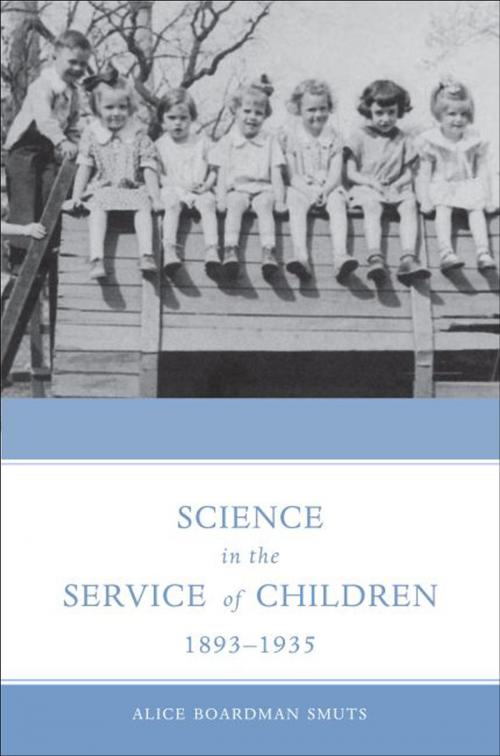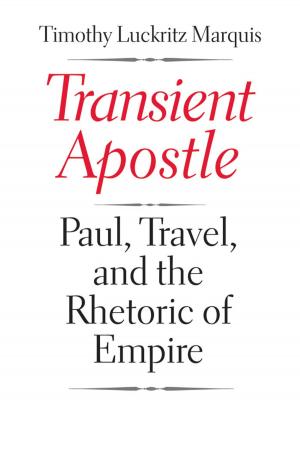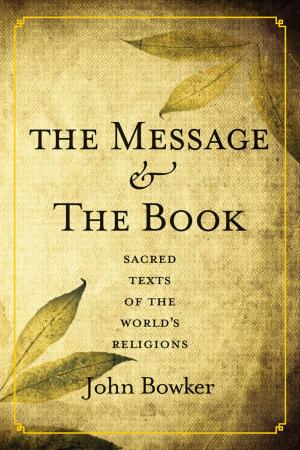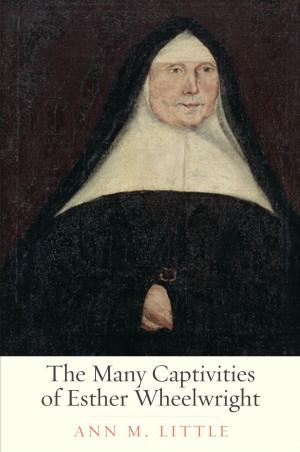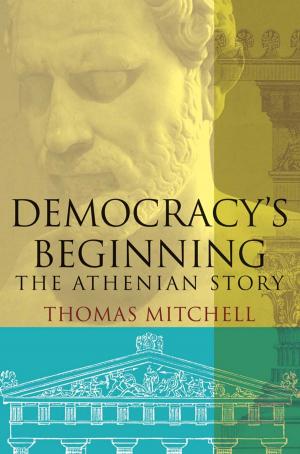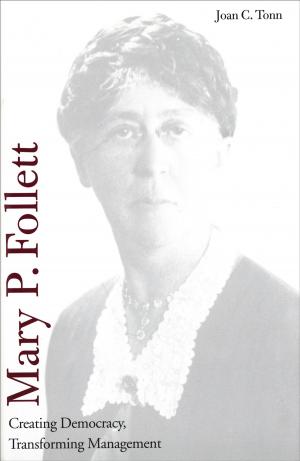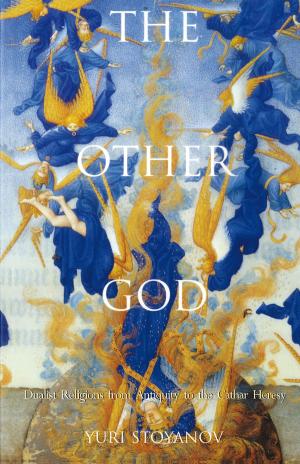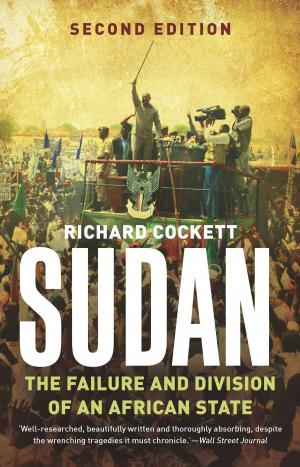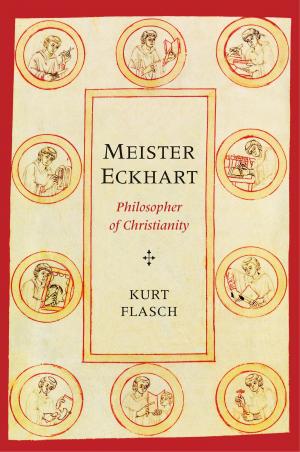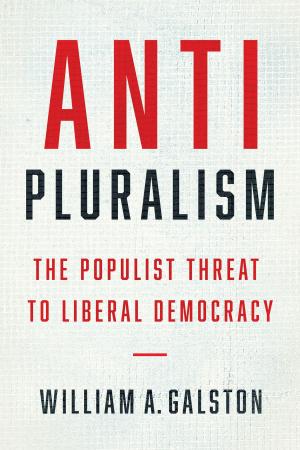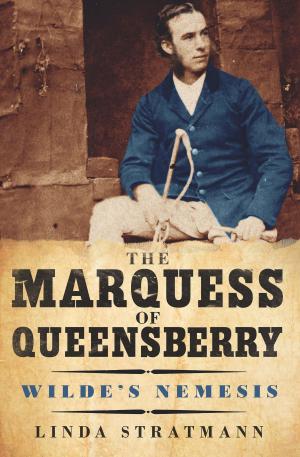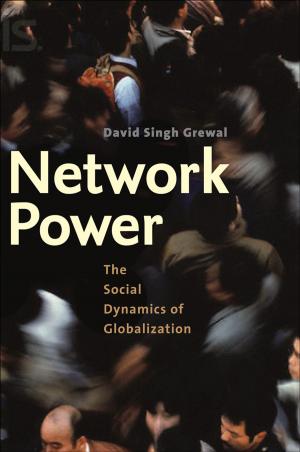| Author: | Alice Smuts | ISBN: | 9780300128475 |
| Publisher: | Yale University Press | Publication: | October 1, 2008 |
| Imprint: | Yale University Press | Language: | English |
| Author: | Alice Smuts |
| ISBN: | 9780300128475 |
| Publisher: | Yale University Press |
| Publication: | October 1, 2008 |
| Imprint: | Yale University Press |
| Language: | English |
This book is the first comprehensive history of the development of child study during the early part of the twentieth century. Most nineteenth-century scientists deemed children unsuitable subjects for study, and parents were hostile to the idea. But by 1935, the study of the child was a thriving scientific and professional field. Here, Alice Boardman Smuts shows how interrelated movements-social and scientific-combined to transform the study of the child.Drawing on nationwide archives and extensive interviews with child study pioneers, Smuts recounts the role of social reformers, philanthropists, and progressive scientists who established new institutions with new ways of studying children. Part history of science and part social history, this book describes a fascinating era when the normal child was studied for the first time, a child guidance movement emerged, and the newly created federal Children’s Bureau conducted pathbreaking sociological studies of children.
This book is the first comprehensive history of the development of child study during the early part of the twentieth century. Most nineteenth-century scientists deemed children unsuitable subjects for study, and parents were hostile to the idea. But by 1935, the study of the child was a thriving scientific and professional field. Here, Alice Boardman Smuts shows how interrelated movements-social and scientific-combined to transform the study of the child.Drawing on nationwide archives and extensive interviews with child study pioneers, Smuts recounts the role of social reformers, philanthropists, and progressive scientists who established new institutions with new ways of studying children. Part history of science and part social history, this book describes a fascinating era when the normal child was studied for the first time, a child guidance movement emerged, and the newly created federal Children’s Bureau conducted pathbreaking sociological studies of children.
